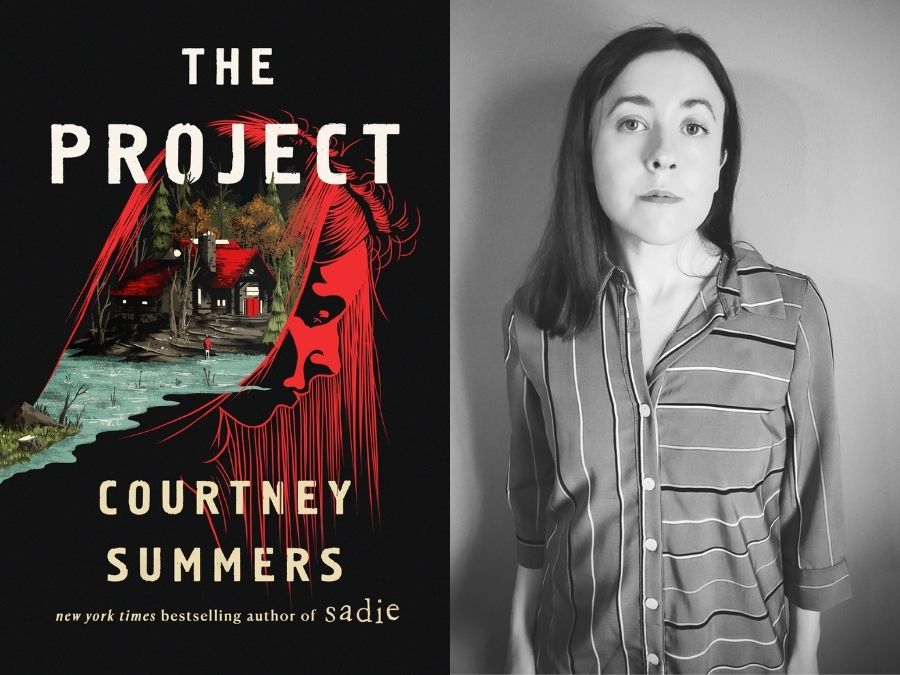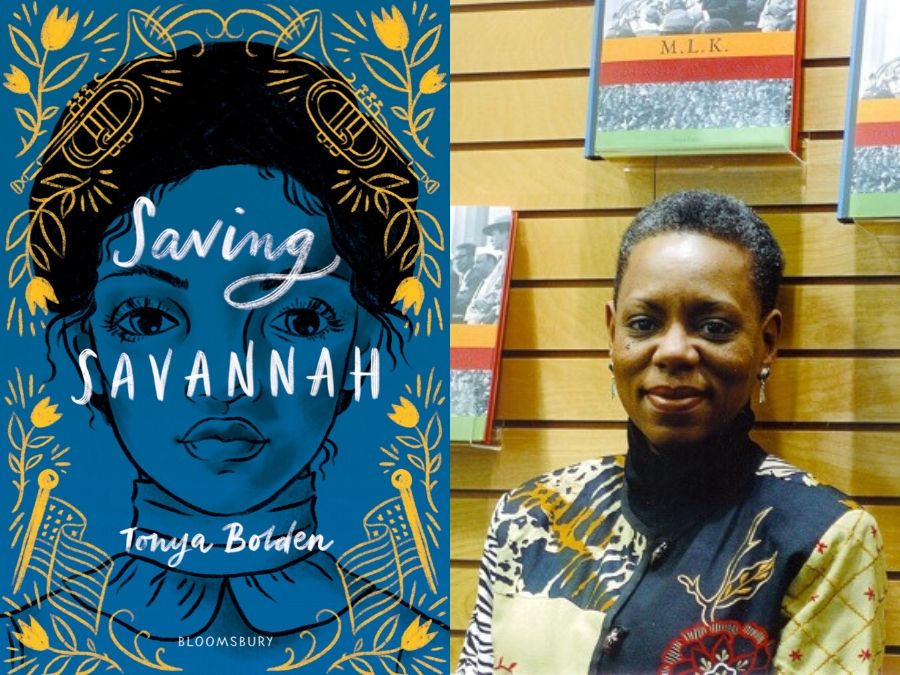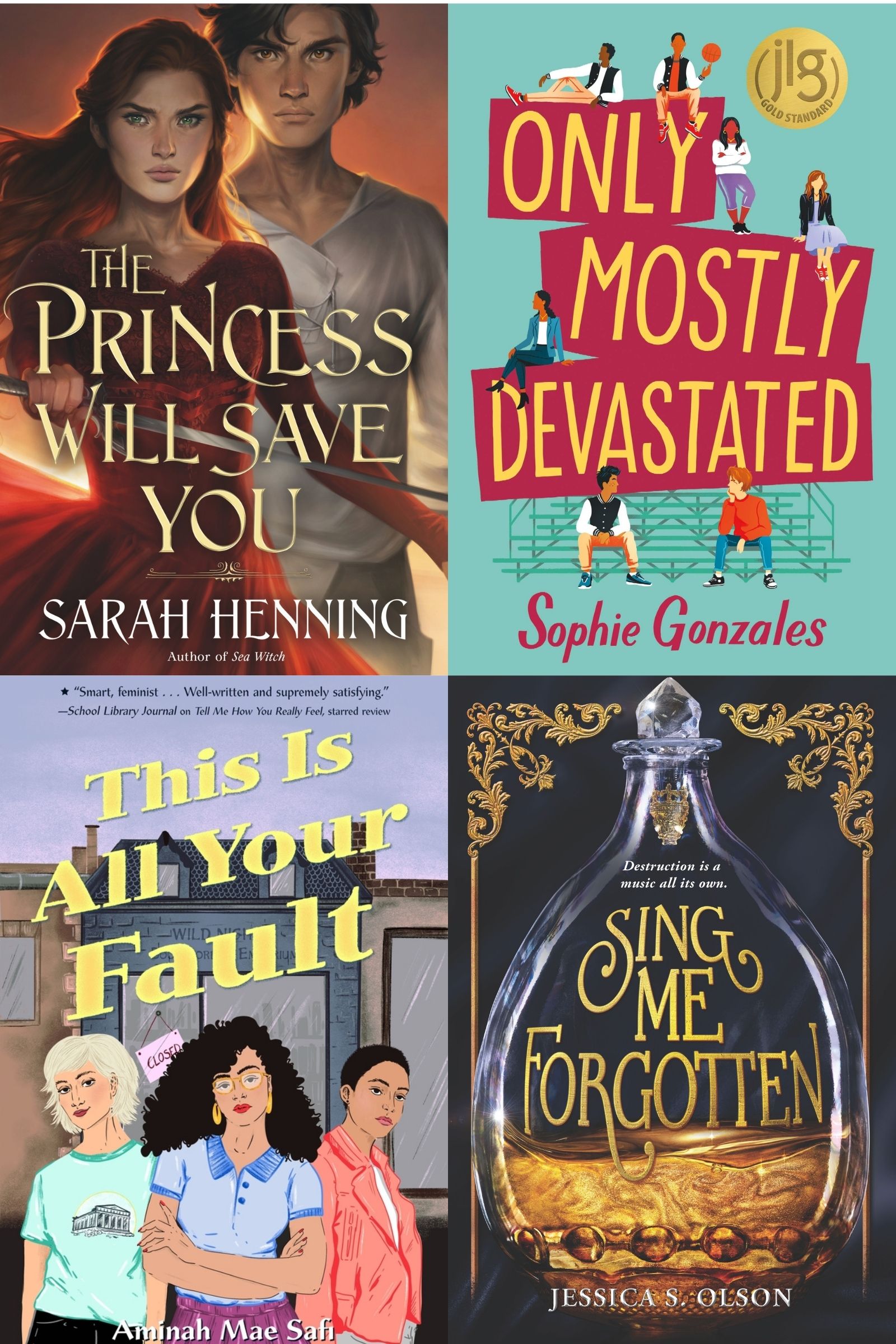In the Tunnel: One Companion Novel’s Purpose, a guest post by Julie Lee
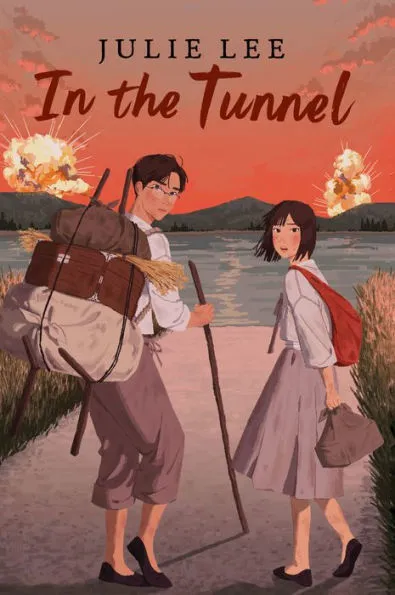
There is a video I can’t stop watching. It is of a ninety-two-year-old South Korean mother hugging her seventy-one-year-old North Korean son for the first time in sixty years, thanks to a family reunion program granting a few lucky families a one-time supervised visit. Though she looks thin and frail, she embraces him vigorously, hanging on his neck, touching his face, swaying him side to side, as if to make sure he is real. Their fates were sealed when they ended up on opposite sides of the border after the Korean War. The old woman’s son would’ve been around eleven when she last saw him. I imagine being separated from my own twelve-year-old daughter and not seeing her again until she is old and gray herself, but the mere thought brings on a physical ache like phantom pain from a missing limb, and I have to stop watching.
This family separation never happened to my mother—who was a refugee during the Korean War and the inspiration behind my first novel, Brother’s Keeper—so I never wrote about it. Nor had I written about the countless experiences of other Korean War refugees I’d come across in research articles, memoirs, and archives, including boy soldiers who were unjustly used in a war that later only forgot them, innocent civilians who were bombed by the US military while crossing a bridge, and children who had to navigate growing up without a parent. I could tell only one story—that of my mother’s—in one book.
ADVERTISEMENT
ADVERTISEMENT
For a while, I thought that was enough—one book about the Korean War. But in a sea of glaring absence of Korean War stories, I began to think that maybe it wasn’t enough. That video kept haunting me. There were so many other stories, other perspectives from this forgotten history. Just as there are a plethora of WWII books enriching our understanding of that time, there should be more books about the Korean War. More perspectives could help deepen and round out our understanding of this underreported but highly significant period. This historical event impacted millions of lives and continues to remain relevant today with the rise of totalitarian governments and invasions and what feels like a return of the Cold War. But more importantly, the Korean War generation of my parents still had so much more to say—not only about how to survive, but how to live. I watched that video again and decided to write In the Tunnel, the companion novel to Brother’s Keeper, because one story was not enough.
In the Tunnel is told from the perspective of Myung-gi who witnesses his father’s abduction by the secret police during the Korean War. Guilt-ridden, scared, and unsure of himself, he must decide whether to leave North Korea and go on without his father or try to hold onto an elusive past when his family was all together. Told in two different timelines—one in the present in which Myung-gi is age sixteen, a child soldier, trapped inside a dark enemy tunnel, and the other in the past where we see Myung-gi as a young boy before and during the war—In the Tunnel offers another perspective of the Korean War. Like a sequel, it shares the same setting and characters from the first book, but unlike a sequel it can also stand alone and be read independently. While a sequel would’ve limited me to continuing the same narrative from the same character’s perspective, In the Tunnel tells an entirely different story.
I chose to write a companion novel from Myung-gi’s perspective, specifically, because readers kept asking about him. They were curious about Myung-gi and his relationship with Sora. They wanted to get to know him better and learn more about his family’s situation. They were intrigued by his bookish personality, strong sense of justice, and his role as the oldest son. So I listened to my readers…and my writerly sense which told me that Myung-gi still had more to say after Brother’s Keeper. At the end of that book, Myung-gi has plans to join the South Korean army as a means of somehow using military intelligence and weapons to find his abducted father. As everyone else’s story seems to wind down at the end of Brother’s Keeper, Myung-gi’s story seems to only begin. Many narrative questions for him remained: Will he ever find his abducted father? What happened on Myung-gi’s journey south during the war? What was he doing while in Busan? How does he really feel about Sora? Myung-gi needed to tell his own story.
Whenever I introduce In the Tunnel as a companion novel to Brother’s Keeper, sometimes people think this means it is a sequel. I like to tell them that it is so much more liberating than a sequel which would’ve limited me to continuing the same story. In the Tunnel tells a new story, one that remained as unheard as my mother’s but deserved to be told just the same. As a companion, it adds another missing piece to our scant knowledge of a forgotten history that seems ever-more relevant today. Through Myung-gi’s perspective we see the insidious nature of totalitarianism and wars; the human capacity for courage, peace, and forgiveness; and the strength of family bonds. But above all, this companion novel allows me to tell another one of those untold stories—uncovered through videos and memoirs and articles—of a young boy yearning to, one day, reunite with his father.
Meet the author
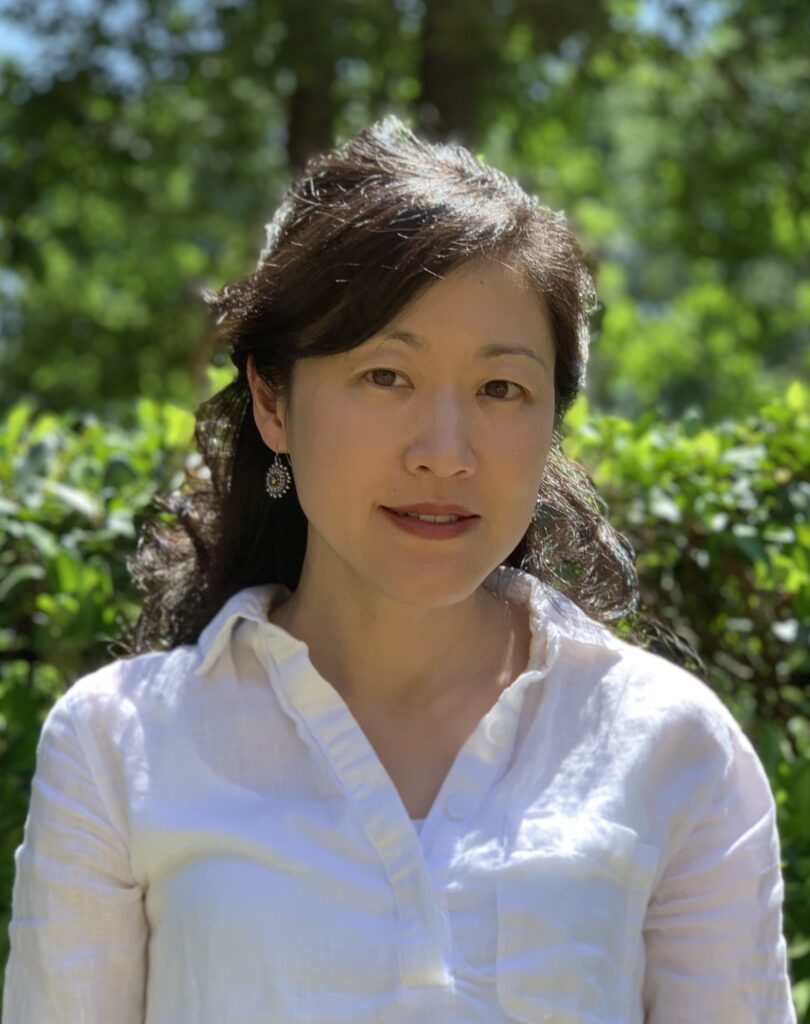
Julie Lee, a marketer-turned-writer, lives in an Atlanta suburb with her three children and her husband. A first-generation American, her mother escaped North Korea during the Korean War and later immigrated to the United States. Julie holds an MFA in Writing for Children & Young Adults from VCFA, as well as a BA in History from Cornell.
You can visit Julie at JulieLeeAuthor.com.
Twitter, Instagram, and Facebook: @JulieLeeAuthor
Twitter, Instagram, and Facebook: @HolidayHouseBks
About In the Tunnel
ADVERTISEMENT
ADVERTISEMENT
Trapped in an enemy tunnel, a young refugee experiences the Korean War firsthand in this searing story of survival, loss, and hope, a companion to the Freeman Award-winning novel Brother’s Keeper.
Myung-gi knows war is coming: War between North and South Korea. Life in communist North Korea has become more and more unbearable—there is no freedom of speech, movement, association, or thought—and his parents have been carefully planning the family’s escape.
But when his father is abducted by the secret police, all those plans fall apart. How can Myung-gi leave North Korea without his dad? Especially when he believes that the abduction was his fault?
Set during a cataclysmic war which shaped the world we know today, this is the story of one boy’s coming-of-age during a time when inhumanity, lawlessness, and terror reigned supreme. Myung-gi, his mother, and his twelve-year-old sister Yoomee do everything they can to protect one another. But gentle, quiet, bookish Myung-gi has plans to find his father at any cost—even if it means joining the army and being sent to the front lines, where his deepest fears await him.
ISBN-13: 9780823450398
Publisher: Holiday House
Publication date: 05/30/2023
Age Range: 8 – 12 Years
Filed under: Guest Post
About Amanda MacGregor
Amanda MacGregor works in an elementary library, loves dogs, and can be found on Twitter @CiteSomething.
ADVERTISEMENT
ADVERTISEMENT
SLJ Blog Network
Endangered Series #30: Nancy Drew
Research and Wishes: A Q&A with Nedda Lewers About Daughters of the Lamp
Preview: Archie Jumbo Comics Digest #350
ADVERTISEMENT



